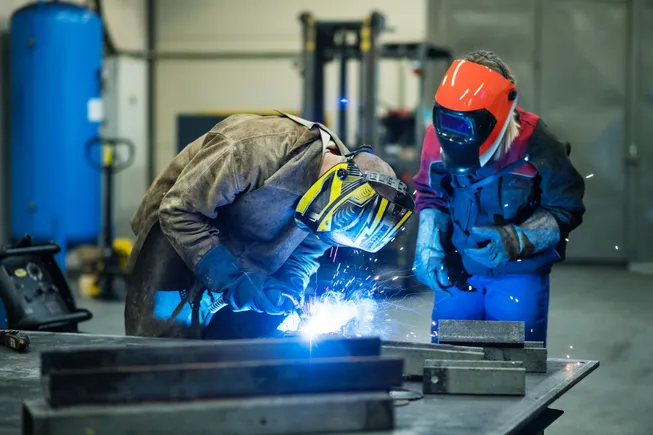Dive Brief:
- Citi is requiring most of its staff to participate in artificial intelligence prompt training in a bid to boost the company’s proficiency with the technology, Tim Ryan, Citi’s head of technology and business enablement, said in a LinkedIn post last week.
- The training is required for all employees who have access to Citi’s AI tools, or approximately 180,000 employees total, the company said in an email. The module is tailored to the user’s own prompting knowledge; experts should expect to complete the training in 10 minutes, Citi said, whereas beginners should expect to complete it in 30 minutes.
- Citi said it does not require staff to use AI in day-to-day tasks but that it is encouraging usage to help employees be more productive and focus on more strategic work. Citi employees have written more than 6.5 million prompts for the company’s AI platforms thus far in 2025, Ryan said.
Dive Insight:
A growing share of employers have either implemented or at the very least permit the use of AI, but comparatively few offer AI training to employees at the contributor level, according to a July BambooHR report. The need for such training is expected to grow within the next five years as the tech further affects career development.
Prompting, or prompt engineering, is key to unlocking generative AI’s utility, according to MIT’s Sloan School of Management. The university offers three strategies for developing more effective prompts: providing context, including more specific information and treating inputs conversationally by building on past prompts. But users should also note the tech’s limitations and potential harms, including factual inaccuracies and potential biases, MIT said.
Citi is among the big U.S. banks with the fastest growing AI talent pools, CIO Dive reported.
AI has already begun to reshape job descriptions. Earlier this month, Indeed published its report showing that 37% of surveyed tech workers had seen their roles redefined or restructured due to the introduction of generative AI. More than half of respondents had been reassigned entirely. The findings have implications for both early-career and longtime employees, Indeed researchers said.
Some 15% of all U.S. jobs are susceptible to future automation because at least half of their associated tasks are already automated, according to a recent SHRM analysis — though actual risk of job loss varies depending on circumstances. For instance, tasks may have “nontechnical” barriers to automation in the form of regulatory or legal requirements, cost barriers or client preferences.
Employers also may need to be aware of AI’s limitations, particularly in terms of its ability to increase productivity, as well as the detrimental mental health effects AI adoption can have on employees.






Leave a Reply